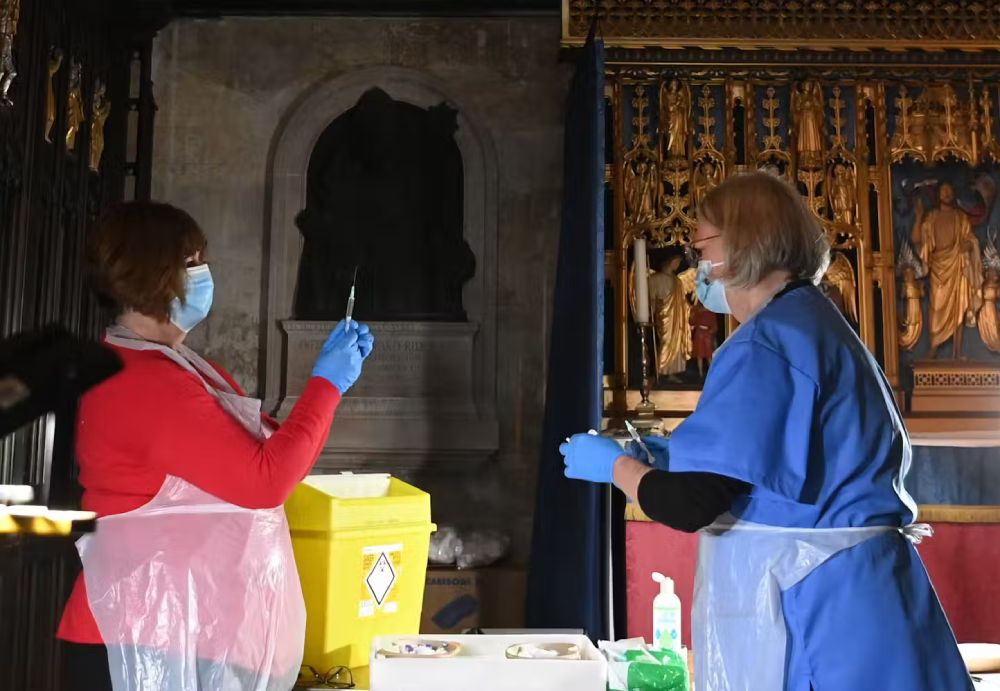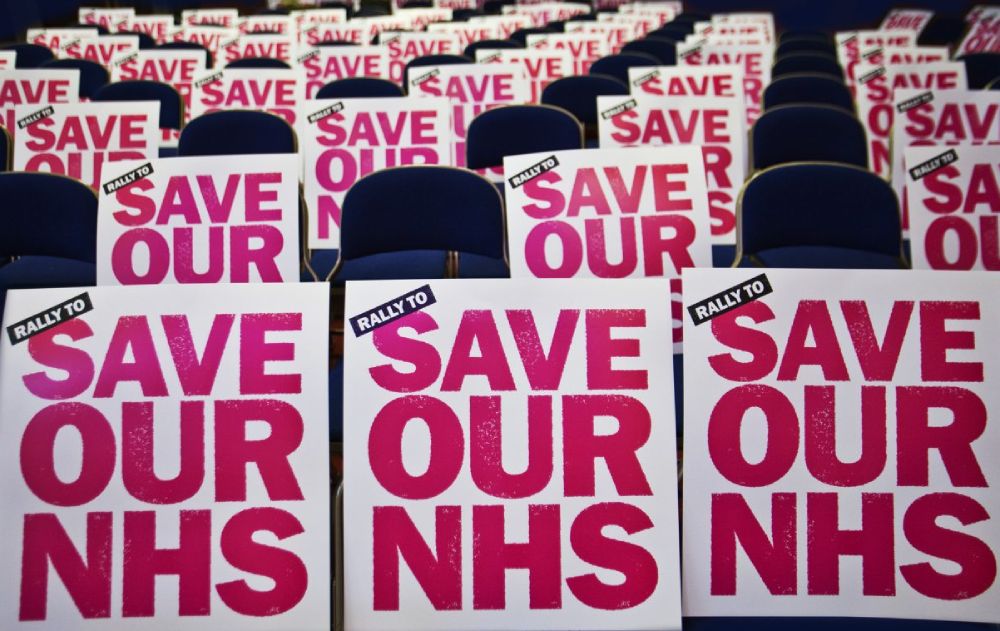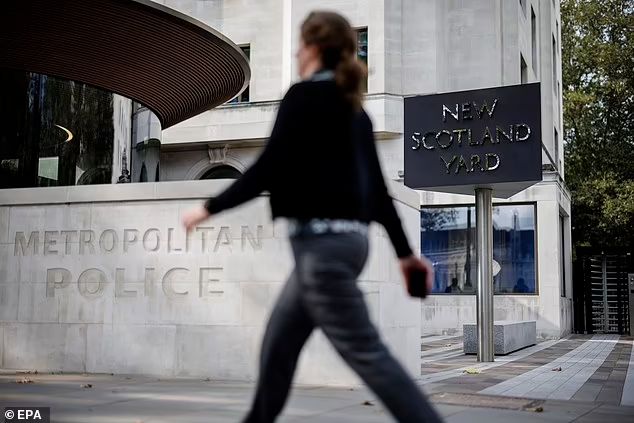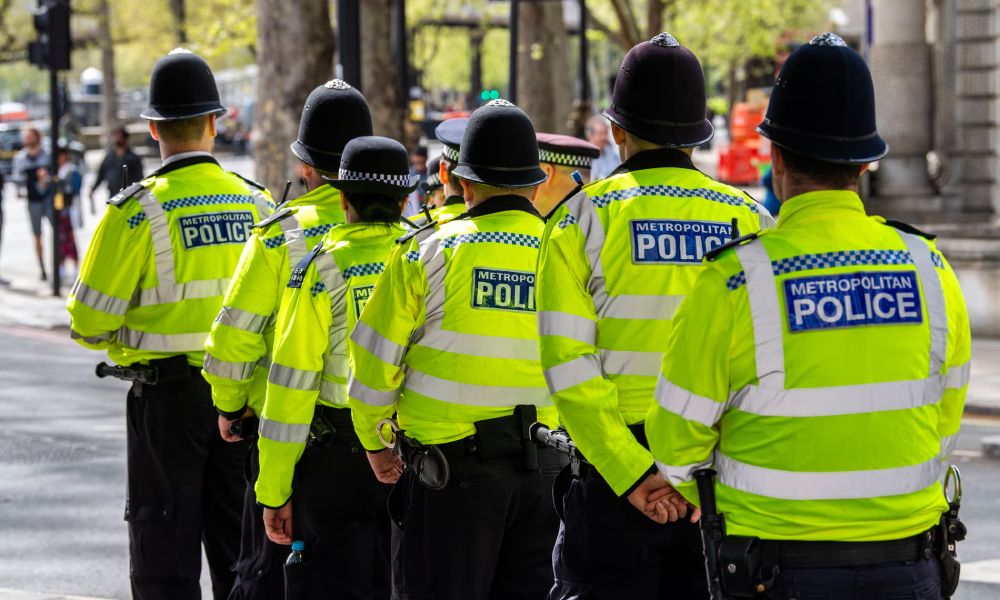Media
LBC: NHS waiting lists
02.06.2024: LBC's Oli Dugmore interviews Thomas Scotto, exploring our research on NHS waiting lists
The original research article can be found in:

The Conversation: Religion and COVID-19: methodists and Church of England followers more likely to have been vaccinated than Muslims and Pentecostals
24.04.2024: Our new research, based on surveys of over 12,000 people, found that there has been significant difference in vaccine uptake between religious communities. Members of the Methodist and Church of England denominations are more likely to have been vaccinated, while Pentecostal, evangelical and Muslim respondents have received far fewer vaccinations. Methodists, on average, have had 3.48 vaccinations, while Pentecostals have only had 1.88.
The original research article can be found in Vaccine.

The New European: Sorry, Sunak, Britain still trusts the NHS
21.04.2024: There are many factors which affect how successfully a vaccine is rolled out. One of these is the public health communication strategy. Surprisingly, a key factor in determining the success of these strategies is religion. While some religious groups were keen to be vaccinated against COVID-19, others were much more hesitant.
The original research article can be found in Public Health in Practice.

The Conversation: Sky-high waiting times don’t make people trust the NHS any less – why that’s potentially bad news for Rishi Sunak
18.04.2024: The National Health Service (NHS) in England has long enjoyed high levels of popular support and trust. But waiting times in accident and emergency and referral times for specialist treatment remain staggeringly high.
Does this affect people's trust in the NHS? Our research suggests not, but there are strong partisan and ethnic differences in trust.
The original research article can be found in Public Health in Practice.
WION (World Is One News) India: Is the UK losing trust in its police force?
18.04.2024: Zee Media's English news channel WION (The World Is One News) based in Noida, India, covered our research on trust in the police.
They ask the question: is the UK losing trust in its police force?
The original research article can be found in Policing & Society.

The Daily Mail: Revealed: The Met is the least trusted police force in England by women
18.04.2024: The Met faces a 'monumental' struggle to rebuild relationships in wake of Sarah Everard murder and several high-profile cases. Jon Brady's write-up of our research in The Daily Mail shows that:
- Women tend to trust police more than men - except for in London
- The Met vows to continue rebuilding trust among women and girls in the capital
The original research article can be found in Policing & Society.

The Guardian: Only 40% of people in England trust their police force, research reveals
18.04.2024: Metropolitan police scores lowest in public confidence, with women trusting London officers even less than men.
Vikram Dodd writes up our research in this piece for The Guardian.
The original research article can be found in Policing & Society.

The Conversation: Britain's energy price cap left many people confused – especially Conservative voters
14.11.2022: In her brief tenure as Prime Minister, Liz Truss made the misleading claim that her government was "making sure nobody is paying fuel bills of more than £2,500" (BBC Radio). This statement was incorrect; there was no cap on the total fuel bills a household may pay.
But many people believed there was a cap. Our research found that Conservative voters were more likely to believe that fuel bills were capped.
View article:
